Fu Sheng: The Founder of Han Dynasty Classics and the Inheritor of Shangshu
In the long cultural history of China, countless scholars have left precious cultural heritages for future generations with their profound knowledge and tireless efforts. Among them, the Han Dynasty scholar Fu Sheng, with his collation and editing of the Confucian classic "Shang Shu," became an indelible important figure in the history of Chinese culture. This article will introduce the life story of Fu Sheng and his outstanding contributions in the field of Confucian classics.

Fu Sheng lived in the Western Han Dynasty and was a famous Confucian scholar in Chinese history. His real name is unknown, and the nickname "Fu Sheng" originated from his deep research and teaching of "Shang Shu". Born into a scholarly family, he was nurtured by good culture since childhood and had a strong interest and unique insight into Confucian classics.
During the Han Dynasty, Confucianism became the official ideology, and "Shang Shu," as one of the Five Classics of Confucianism, recorded the speeches and political ideas of ancient saints and kings, having extremely high cultural value and historical status. However, due to long-term transmission, by the time of Fu Sheng, many errors and confusions had appeared in the original text of "Shang Shu". In order to accurately pass down this classic, Fu Sheng began the systematic collation and editing of "Shang Shu".
Fu Sheng's work was extremely arduous. He not only needed to proofread the original text but also compare various versions and correct errors. His work attitude was rigorous and meticulous, striving to restore the original appearance of the ancient books as much as possible in every word and sentence. After years of effort, Fu Sheng finally completed the collation of "Shang Shu" and formed a new version, which was later known as the "Fu Sheng Edition".
The publication of the "Fu Sheng Edition" of "Shang Shu" had a profound impact on the study of Confucian classics in the Han Dynasty and even later generations. It not only provided scholars with a more accurate and reliable research text but also allowed the ancient wisdom in "Shang Shu" to be disseminated more widely. Fu Sheng's contribution earned him a high reputation in the academic circles of the Han Dynasty, and he was respected as a "master of Confucian classics".
Besides the research on "Shang Shu," Fu Sheng was also dedicated to education and inheritance. He established private schools, taught students, and passed on his understanding and research results of the classics to the next generation. His teaching methods focused on inspiration and guidance, emphasizing the combination of understanding and practice, and cultivating a batch of excellent Confucian scholars.
Fu Sheng's life was a relentless pursuit of knowledge and culture. His contributions were not only to the collation of "Shang Shu" but also to the promotion and development of the entire Han Dynasty and even the Chinese tradition of Confucian classics. His story has become a model for later scholars to study and research, inspiring generation after generation to explore, inherit, and carry forward the cultural heritage of the Chinese nation.
In today's cultural research, the name of Fu Sheng and his work are still widely mentioned. He is not only the founder of Han Dynasty Confucian classics but also the inheritor of the important classic "Shang Shu". Through the study and review of Fu Sheng, we can have a deeper understanding of the charm of ancient Chinese culture and the value and significance of scholars who have made great efforts for cultural inheritance.
Disclaimer: The above content is sourced from the internet and the copyright belongs to the original author. If there is any infringement of your original copyright, please inform us and we will delete the relevant content as soon as possible.
Guess you like it

Has the Grand Duchy of Moscow perished? What are the reasons for its demise?

The Punishment of "Dian Tian Deng": A Cruel Depiction in History and Literature
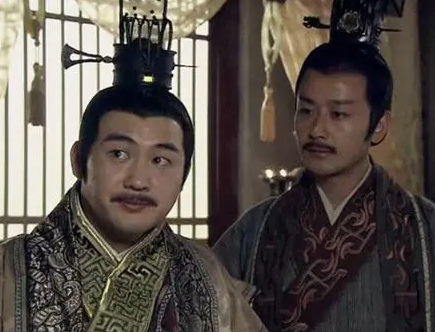
What contributions did Liu Fei, the son of Liu Bang, and Lu Zhis tolerance make, given Liu Feis strength and Lu Zhis forgiving nature?
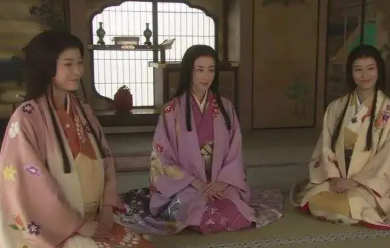
Who are the three daughters of Asai Nagamasa? What are their stories?
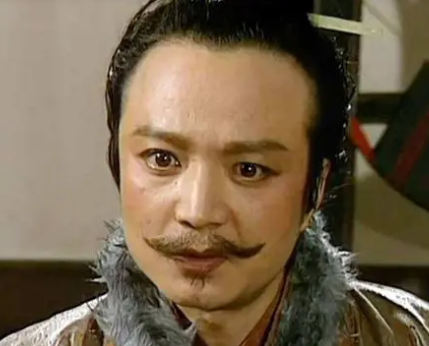
Liu Feng and Zhuge Liang: Unveiling a Historical Commentary

What is the area of the Grand Duchy of Moscow? What places does its territory include?
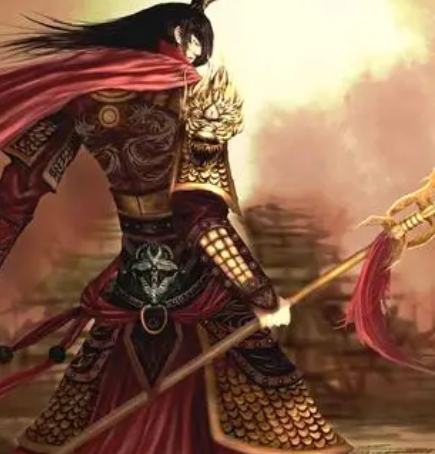
What is the truth behind Lu Bus bravery and Zhang Feis challenge?
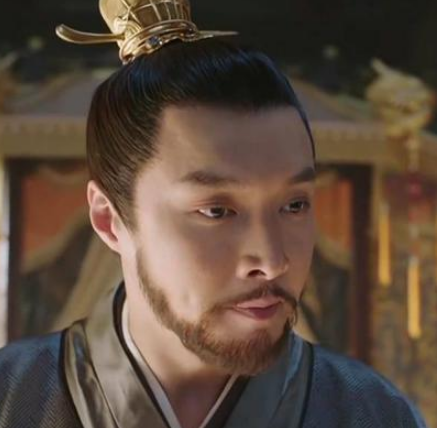
The Splendor of the Ming Dynasty: The Legendary Tales of Zhu Zhanji, Zhu Qizhen, and Zhu Qiyu
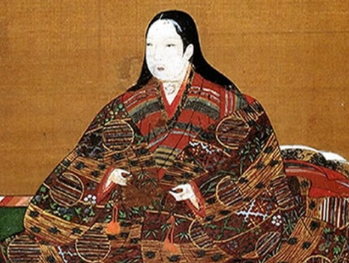
Why is Asai Chacha considered a princess? Who is Asai Chacha?
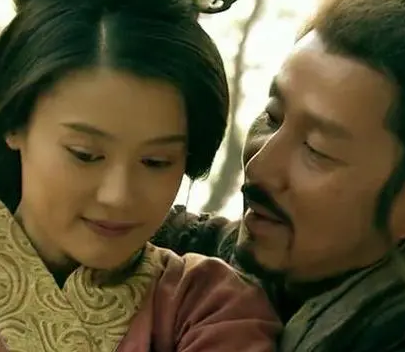
Liu Bang and Lady Qi: A Tragedy of Power and Love









